Childhood blood cancer through a mother’s eyes
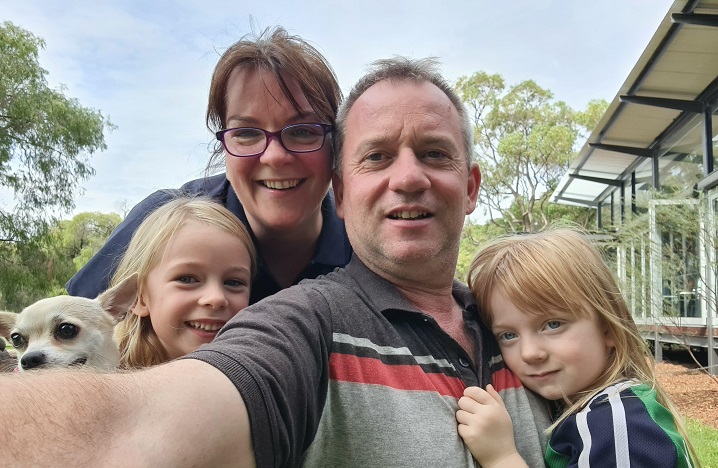
This Mother’s Day, and every day, we recognise the incredible mothers and mother-figures within our community. One of these mums is Andrea Houston whose four-year-old daughter, Emily, is currently battling an aggressive blood cancer.
She shares her experience in the hope of providing comfort and inspiration to others this Mother’s Day.
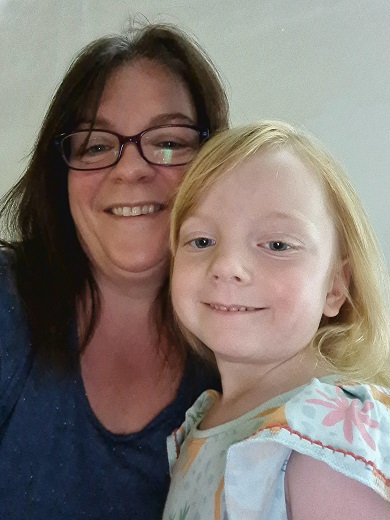
Two months ago Emily was diagnosed with a type of blood cancer called B-cell acute lymphoblastic leukaemia (ALL).She started lifesaving chemotherapy treatment in Perth, an hour-and-a-half away from her hometown, Harvey, in regional Western Australia.
Her whole family, including dad, Brian, and six-year-old sister, Jessica, have been forced to relocate for the foreseeable future while she undergoes treatment.
Emily’s mum, Andrea, shares what she’s learnt since her daughter’s diagnosis.
Take the support.
One of the things my husband and I found difficult was accepting support. We have always worked and been proud about paying our own way.
But with both of us stopping work because of Emily’s blood cancer there was no way we could sustain ourselves for an extended period and we’ve realised there’s no shame in accepting assistance.
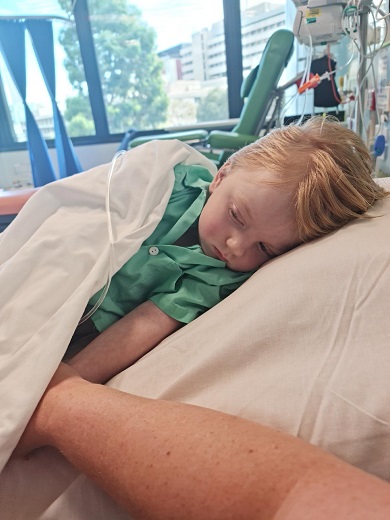
While we are in Perth, we have been given a home-away-from-home at a Leukaemia Foundation accommodation centre at no cost to us for as long as we need.
We are so grateful for this support. It not only allows us to stay together as a family but also to maintain some semblance of normality for both our girls – that is incredibly important to us.
Trust your treatment team.
We formed an instant bond with our oncologist and treatment team.
Their approach is that they’re not just treating Emily but the whole family, and are completely open with us should we have any questions or concerns.
We always ask for the doctors’ and nurses’ names to make sure both the girls see them as a person rather than a position.
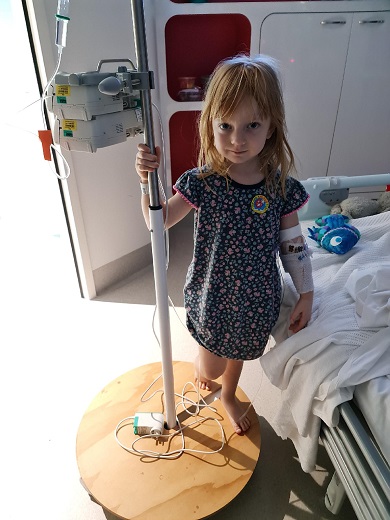
It’s never a case of ‘they’, the doctor or nurse, must do this or that procedure but rather a ‘we’ need to do this to make you feel better.
Communication is key.
With confronting or painful procedures, we work together with the nurses to come up with the best approach for Emily. No one knowns your child better than you.
I knew Emily would never respond well to being restrained or held down and if we did it once she would never let us do anything again.
We made a rule that she can be as loud as she wants if she stays completely still.
That’s worked for us so far and she can get through it knowing that it’s going to make her better.
Only listen to the experts.
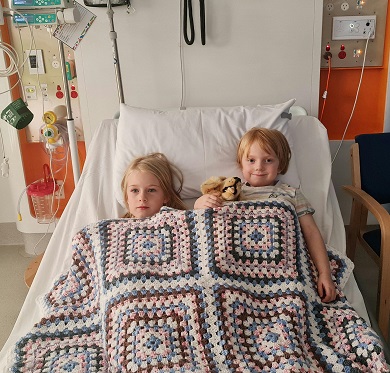
If you’re looking for advice or an answer to a question, make sure you approach your treatment team first. Don’t go searching for answers on a support group or forums as every person’s disease is unique.
Remember, your consultant has looked at your child’s cells under a microscope and has the most comprehensive understanding of their case.
For general information, trusted organisations like the Leukaemia Foundation have great resources to give you a base understanding of blood cancer.
It can be lonely.
I have found the journey very lonely, which is weird because I am never physically alone.
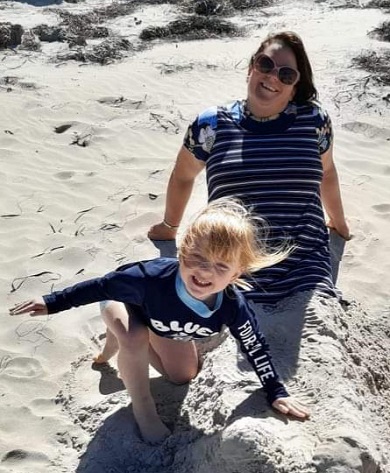
I really loved my life before, being the busy working mum, and I had built a good network after we moved over to Australia from Ireland.
Now I’ve become quite insular as we don’t know very many people up here in Perth and you don’t want to socialise too much for fear of exposing Emily to dangerous germs.
It can be hard for others to understand what we are going through, especially regarding the longevity of treatment. We’ve only just started on what is going to be a two-year journey.
But you still want people to involve you in life back home; to tell you good news and invite you to things. But also to be understanding when we need to say ‘no’.
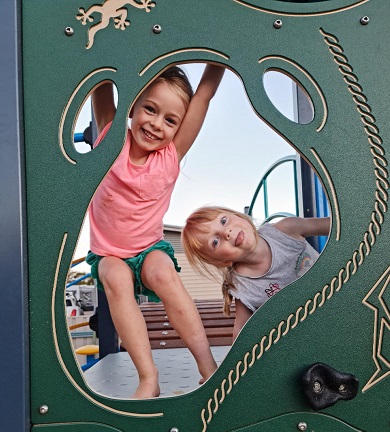
Don’t forget discipline.
We were told early on by a nurse that if it was a ‘no’ before diagnosis then it should still be a ‘no’ now. You can’t go on forever being lenient or spoiling your child as it sets expectation.
It can be hard, especially in those first few weeks, as they are being showered with gifts and it feels like all their birthdays and Christmas wrapped into one!
While we are incredibly grateful, we ended up telling people to ease up with the treats. I can’t have two spoilt brats at the end of all this and we need to be clear that this won’t be forever!
Useful resources
When explaining blood cancer to the girls we have found the books Amelia has cancer and Hero Hunter and the Wonky White Cells to be great tools.
I’ve also read Eight Seasons which is a great one for parents to feel less alone in their mindset after a diagnosis.